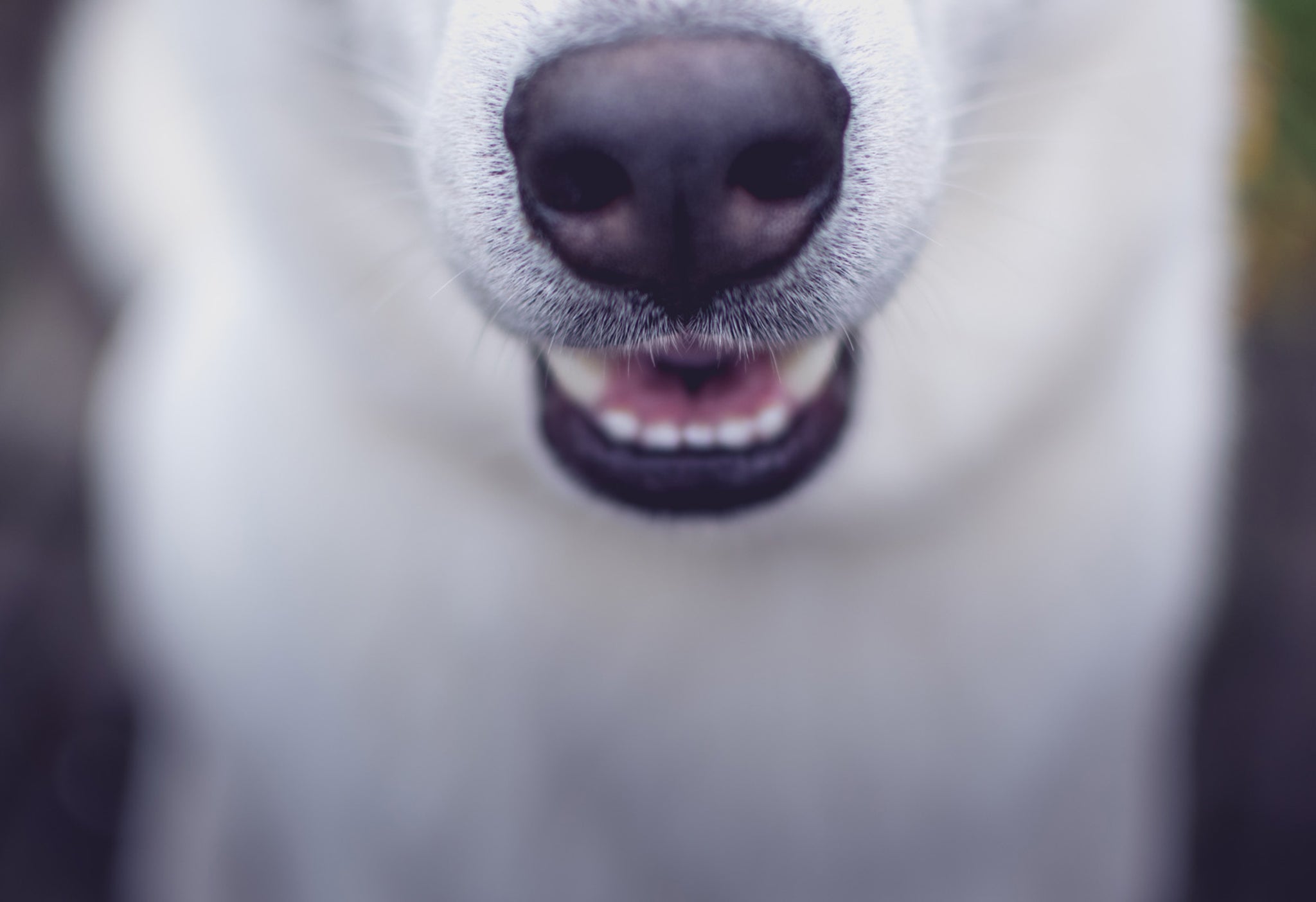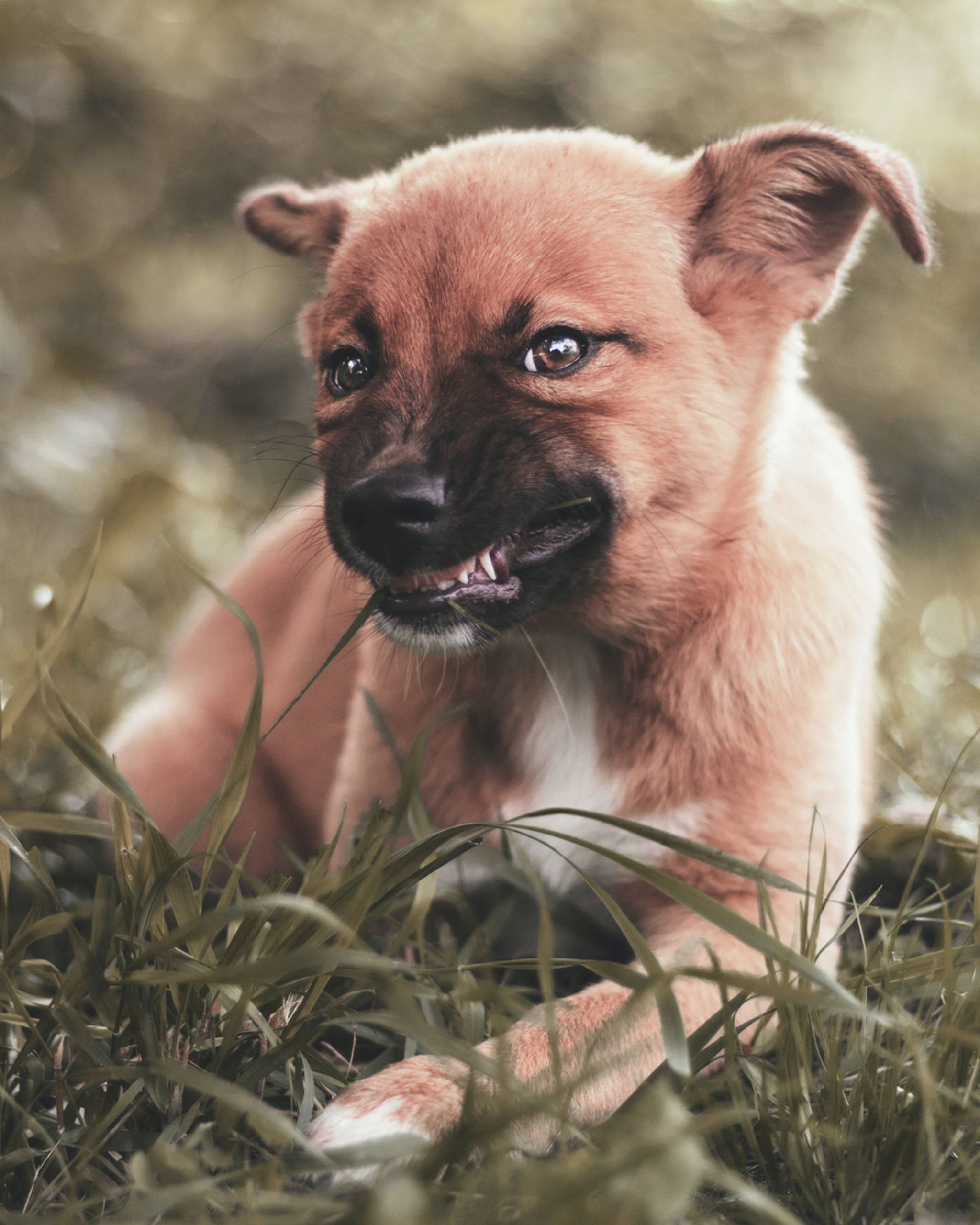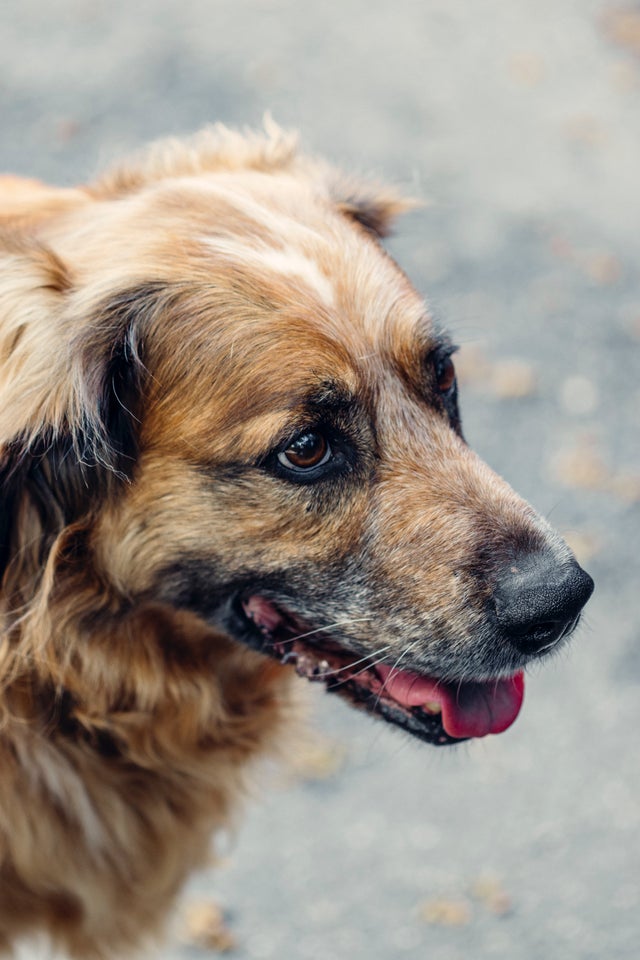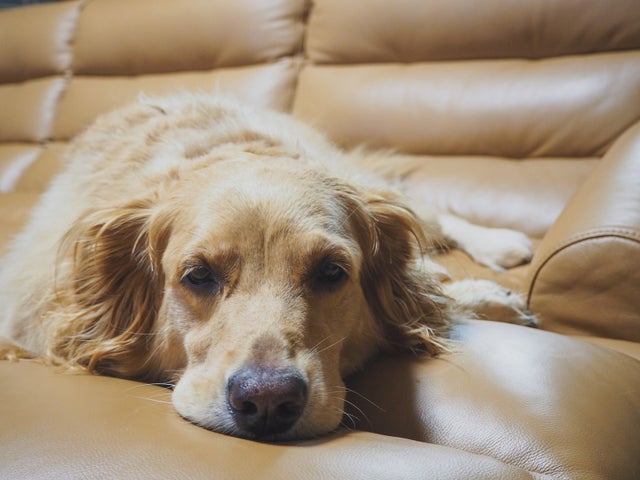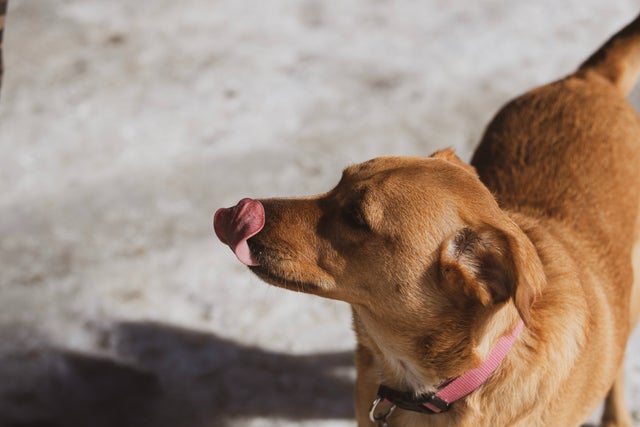Teach Bite Inhibition Early
Your puppy has 28 razor sharp little teeth, and you don’t want to underestimate their ability to cause hurt. Puppies naturally play with each other and bite, but to prevent your new dog from biting past the puppy months, you must teach bite inhibition. Bite inhibition is when they learn the force of their bite and moderate it for play.
If your puppy is biting repeatedly, let out a loud high-pitched yelp. This is how puppies signal to each other that they are in pain and the other should back off. When your puppy backs off, reward them with a treat. Some dogs get more excited with a yelp. In this case, stop engaging and walk away, or put them in the crate until they calm down. You could also try a high-pitched whine like you are crying to signal you are in pain. You could pull your hand away or allow it to go limp in front of your dog when you yelp or cry. Most dogs will naturally respond by backing off.
Let them Know What they Can Bite
They can’t bite you, but you can accommodate their natural behavior by showing them what they are allowed to bite. You can put a toy in their mouth if they start biting your hands. Keep toys nearby for this reason and encourage them to chew on the toys instead of you. Use positive reinforcement and make sure everyone in your home is on the same page about how to train the puppy on biting.
Different sized toys work for different breeds, and your veterinarian will know what is best for your dog. Try to stick to toys that compress with the pressure of a fingernail. Some can even be put in the freezer to add extra relief for sore gums. You may want to avoid hard toys and bones, as they could damage their teeth. Try to keep choking hazards out of reach.
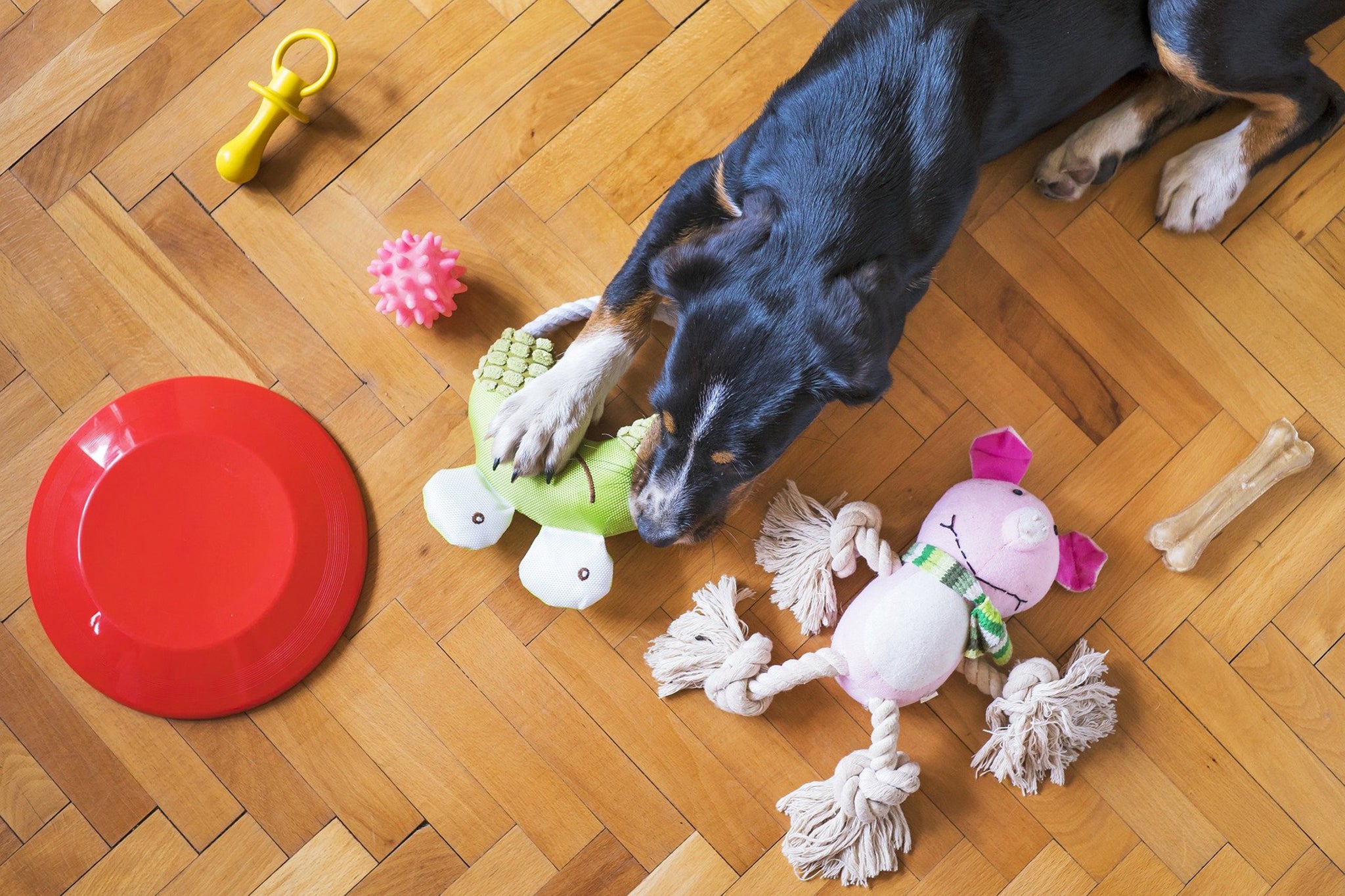
Recognize Other Symptoms of Teething
In addition to the nipping and biting, your puppy may run a low fever, experience increased drooling, eat slowly or be hesitant to eat. They may whine and have red or swollen gums. These are all normal symptoms during teething, but keep an eye on them. Make sure they eat, and never give your dog medicine without asking your vet first. Frozen treats may help relieve swollen gums while also making sure they get something in their stomach.
It’s rare for puppies to need veterinary assistance while teething, but don’t rule it out. You should contact your veterinarian if your dog is refusing to eat for extended periods of time or if they are rubbing their mouth on you or other objects. Also contact your veterinarian if they are dropping food while eating or have a change in odor in the mouth.
Know What to Expect When They Lose Teeth
Your puppy will lose their baby teeth, just like humans do. They should lose all of their puppy teeth within the first six months, and grow 42 adult teeth. You may find teeth on the floor, but puppies usually swallow them because the teeth fall out while they’re eating or chewing on a toy. You may see blood in their mouth or on toys when the teeth are falling out, and that is normal. This process will be very uncomfortable for them, and you should help them find something that will soothe their gums before they find your socks or slippers.
Alert your veterinarian if your puppy doesn’t lose all of their teeth. Adult teeth growing in while puppy teeth are still there can cause malocclusion, or misalignment, as well as discomfort. Additionally, food can get stuck between misaligned teeth and can cause premature decay. It’s important to keep an eye on those puppy and adult teeth.
Keep Adult Teeth Healthy
As they lose their baby teeth and adult teeth grow in, you will want to keep them as healthy as possible. Get your puppy used to hands touching their mouth and teeth from a young age and toothcare will be easier as they grow. Dog toothpaste and toothbrushes exist and you may want to invest in some. They cannot have human toothpaste—it can make them sick. Introduce their pet-friendly toothbrush and paste slowly and allow them to sniff and lick it initially so they know it’s safe. Keeping your dog’s teeth healthy from a young age can prevent many costly dental issues later.
